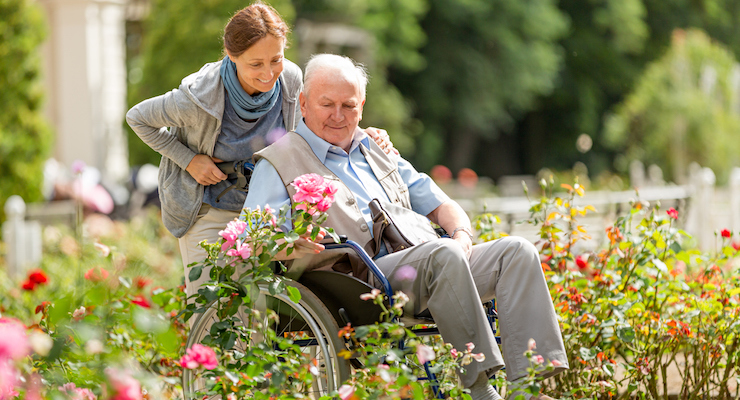
After surgery or illness that required hospitalisation, most people will need some help. The level of help will depend on the severity of the surgery or illness, the age and prior health of the patient. Some people can live with family members who can assist. An elderly patient with an unwell or elderly spouse will need additional care. If the patient lives alone, they may need someone to visit them on a regular basis to assist with personal and household duties.
If you can help a friend or family member, consider helping with the following:
Help with Ongoing Medical Needs
Some patients may need some help with remembering to take their medications at the prescribed times or transport to appointments. Find out details of these so you can ask if they have taken their tablets. It’s not just the elderly that may need help with their health. Surgery and recovery can cause some patients stress or leave them feeling depressed so they can’t take care of themselves.
Assistance Around the House
The household chores never end and you don’t want them to risk their recovery by trying to do too much. Offer your patient some help with the household tasks. Many patients won’t want to ask or accept help. Reassure them it isn’t too much trouble for you to tidy the kitchen, run over the floor with the vacuum cleaner or do a load of washing.
Going to the shops and preparing meals are other tasks that can be difficult to manage after surgery. By taking over pre-prepared meals that just need reheating will be greatly appreciated.
Offering Companionship
If your patient can do most household chores and care for themselves, they may need some company more than anything. If they are used to going to work each day or enjoying a full social calendar, they can feel isolated staying at home while they recover. Visit for a chat or offer to take them out to get away from the house.
Being Part of a Network
If you are part of a team assisting in someone's recovery, try to keep in contact with other people providing care. You and your siblings may be caring for an elderly parent so it can be relatively easy. If it’s a friend you are helping care for, speak to one of their close family members and let them know you’re keen to help and ask if there is anything you can do to take some of the pressure off.
It is ideal if you can coordinate who will assist on which days to make sure someone is there each day. If you can all commit to a particular day of the week, note it down and distribute to everyone on the team. Tell the patient who they can expect to see each day.
Caring for Yourself
It’s easy to focus all your attention on your patient however you can only help if you look after yourself too. Caring for someone else can be stressful and tiring. You will probably still have your commitments to your spouse, children or work. The added emotional and physical activities can take their toll. Recognise your own needs and if you require a break, ask someone else to step in and help out so you can have some time off to recharge your batteries.
HIF Hospital Cover
With five levels of hospital cover, you can choose the one that suits your requirements. From basic cover for accidental injuries and minor surgeries to top level private room cover with all the bells and whistles, it’s your choice.